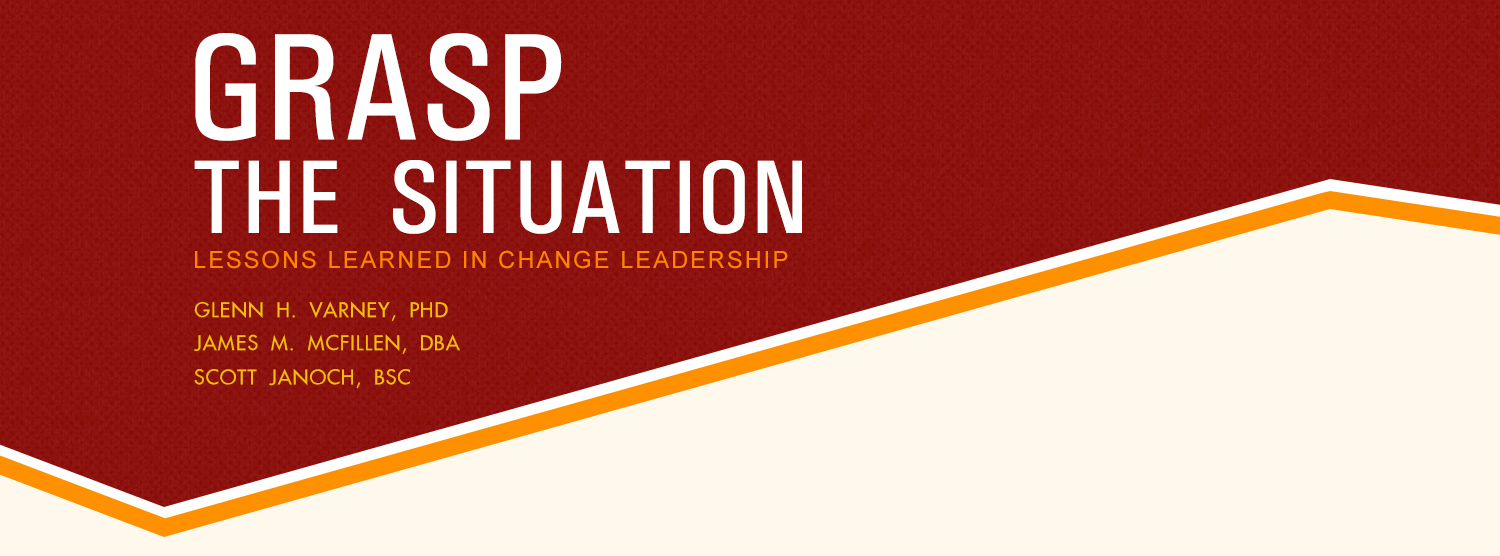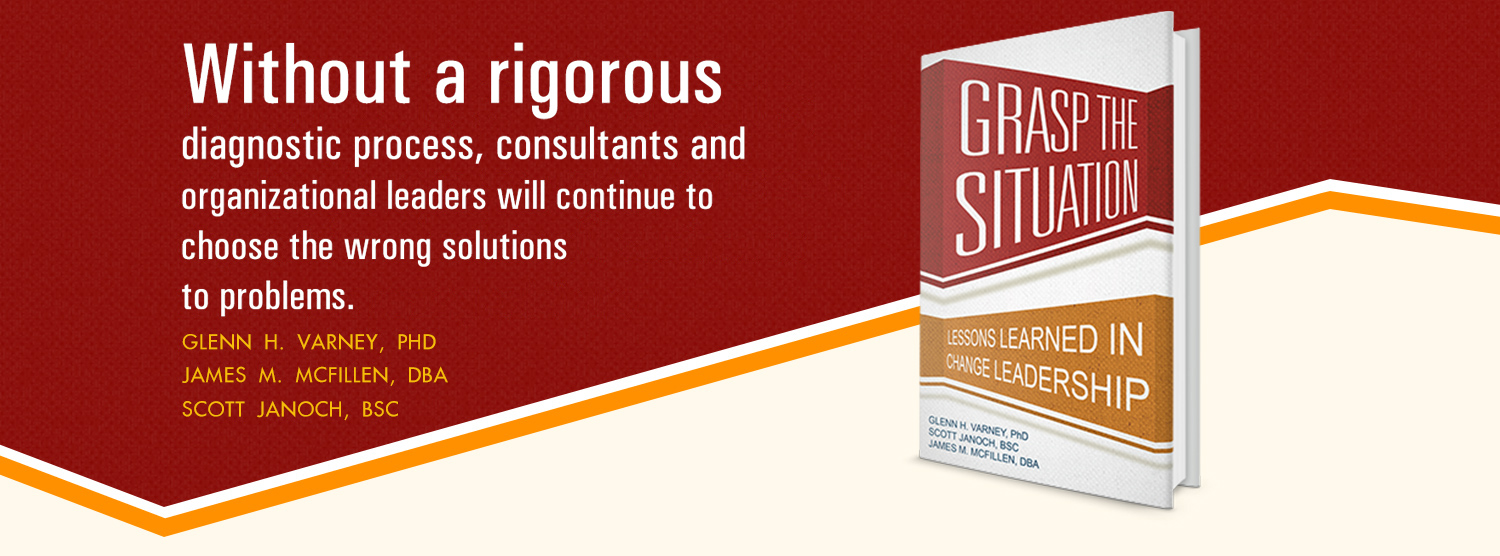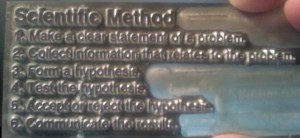

A few weeks ago, a friend of mine perused his local antique shop and came across an engraved metal plate. Nearly passing it by, he stopped as he noticed the backwards text had a familiar phrase, one that he thought might interest me in my line of work: “Scientific Method.” Not only something taught in elementary school, the Scientific Method is a simple step-by-step process that is employed by everyone on a daily basis. The plate also included the 6 basic steps of the Scientific Method, which are as follows:
- Make a clear statement of a problem
- Collect information that relates to the problem
- Form a hypothesis
- Test the hypothesis
- Accept or reject the hypothesis
- Communicate the results
We are faced with many decisions in life, such as deciding on the perfect car, the correct treatment plan for a medical issue, or simply purchasing the best outfit for an important job interview. We use these steps, sometimes without realizing it, to ensure that we are making the best decision in order to produce the desired results. Let’s take buying a car, for example. Fighting the impulse to purchase a brand new car, you decide to follow the steps of the Scientific Method:
- I need a car
- Conduct research and collect data on different makes and models of cars. Determine the criteria that are important (cost, mileage, company, reputation, etc.)
- If I buy a used, 2012 Prius, then I will stay within my budget, and I will get great mileage
- Take the car on a test drive
- Decide to buy the car
- Discuss the outcome of my choice
The Scientific Method is engrained in all of us as we have learned to make decisions throughout life. This is why it is the basis of our five-step change process, which is explained in Grasp the Situation. When working with organizations, it is imperative to utilize a strong diagnostic process to make successful change. Without it, consultants and leaders will continue making the wrong decisions to problems, and the results can be disastrous. The same issues can arise if we do not employ a scientific method outside of the workforce. Say you didn’t use the scientific method when you bought a car, for instance. Instead of purchasing the 2012 Prius, which took careful research and testing, you went straight to a dealership. After discussing choices with their top salesman, he convinced you to buy a car that they have been trying to get off the lot for months—it’s over budget, the mileage is less than satisfactory, and it has an obscure car history. The consequences of this choice range from an irritating commute to work to paying obscene repair bills.
In a sense, we are all agents of change. I encourage you to truly recognize your approach to change, and share with us the times in which you used—or forgot to use—the scientific method in either your professional or personal life. How well did you grasp the situation to make successful change, or where did you fail? Like the metal plate that now sits in my office, what motivates you to make the best decisions?
Recent Posts
Recent Comments
- on The Robert Story: Listing SymptomsGlenn Varney
The Real Person!
Author Glenn Varney acts as a real person and passed all tests against spambots. Anti-Spam by CleanTalk.
Archives
- August 2020
- October 2019
- September 2019
- August 2019
- July 2019
- May 2019
- December 2018
- November 2018
- September 2018
- August 2018
- June 2018
- December 2017
- November 2017
- September 2017
- August 2017
- July 2017
- June 2017
- May 2017
- April 2017
- March 2017
- February 2017
- January 2017
- December 2016
- October 2016
- September 2016
- August 2016
- July 2016
- June 2016
- August 2015

